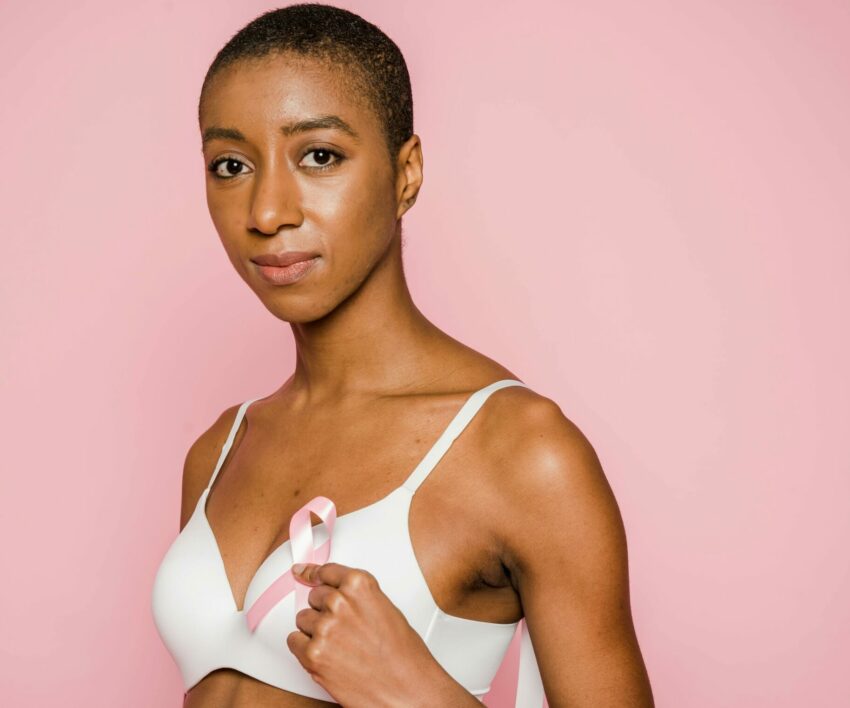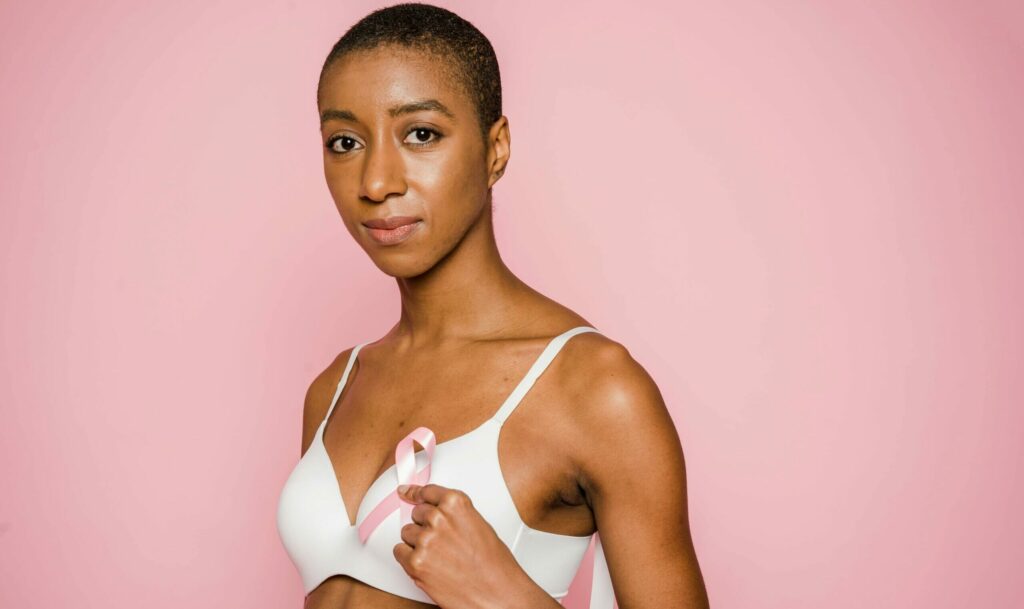
picture: pexels
In today’s fast-paced world, we often get caught up in the whirlwind of daily routines—work, family, and social commitments without pausing to reflect on how our lifestyle choices impact our health. While you’re busy juggling responsibilities, subtle factors in your day-to-day life could be influencing your risk of breast cancer, a disease that affects millions of women globally.
Although some inevitable risk factors have the potential to lead to cancer, such as the family history of the disease and genetics, some cases are influenced by our lifestyle choices and how we treat our bodies. These we can change and prevent.
The American Cancer Society claims that the risk of breast cancer in women increases with the amount of alcohol ingested. It is mentioned that women who consume one alcoholic drink per day are at a little greater risk (about 7% to 10%) than those who abstain, but women who consume two or three drinks per day are at a slightly higher risk (around 20% higher). “Alcohol is linked to an increased risk of other types of cancer, too.”
The above source continues to report that breast cancer risk increases after menopause, due to increased estrogen levels and higher blood insulin levels. The link between weight and breast cancer risk is said to be complex, with higher risks for women who gained weight as adults and lower risks for those who were overweight or obese before menopause.
“Some research suggests that being overweight before menopause might increase your risk of the less common triple-negative breast cancer.” According to the Breast Cancer publication, hormone replacement therapy and certain oral contraceptives during menopause can increase breast cancer risk when taken for over 5 years.
If you have chest radiation therapy before the age of thirty, you may be at higher risk of developing breast cancer, states the National Breast Cancer Foundation. “While radiation is often an unavoidable therapy for certain illnesses, it is still considered an environmental or lifestyle risk factor because it is not an inherited trait that someone is born with.”
Also see: Does breast implants cause cancer?
This article was originally published by a www.bona.co.za . Read the Original article here. .


